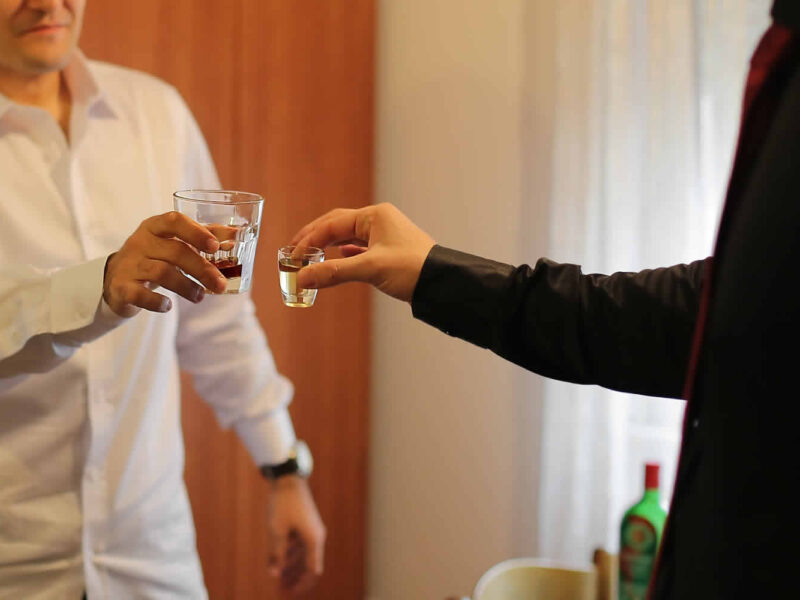A systematic review of the evidence has shown that very little is known about whether substances that claim to prevent or treat alcohol-induced hangovers work.
Researchers call for more scientific investigation of the effectiveness of these remedies to give practitioners and the public accurate evidence-based information to help them make decisions.
Many remedies claim to relieve hangover symptoms. However, there is not enough scientific evidence to support this claim. A team of researchers from King’s College London, South London, and Maudsley NHS Foundation Trust performed a systematic review to assess and consolidate the evidence regarding hangover treatments.
The scientific journal Addiction published the study. It evaluated 21 placebo-controlled randomized trials with clove extract, red Ginseng, Korean Pear Juice, and other remedies. Although some studies did show statistically significant improvements in symptoms (e.g., there were some that showed statistically significant ones), the quality of all evidence was poor due to methodological limitations and imprecise measurements. Furthermore, there were no independent replications of results and no studies that reported the same remedy.
Eight of the 21 included studies were only conducted with male participants. These studies did not report the nature or timing of alcohol challenges that were used to evaluate hangover cures. There were significant differences in the types of alcohol and whether they were given with food.
Hangover painkillers like paracetamol and aspirin were not evaluated in placebo-controlled randomized controlled trials.
Researchers believe future research should be more rigorous, using validated scales to evaluate hangover symptoms. It is also important to increase the participation of women at research.
Dr. Emmert Roberts, the lead author, says that “Hangover symptoms can cause significant distress and affect people’s employment and academic performance. Given the continuing speculation in the media as to which hangover remedies work or not, the question around the effectiveness of substances that claim to treat or prevent a hangover appears to be one with considerable public interest. Our study has found that evidence on these hangover remedies is of very low quality and there is a need to provide more rigorous assessment. For now, the surest way of preventing hangover symptoms is to abstain from alcohol or drink in moderation.”
Curcumin, Duolac ProAP4 and L-cysteine were the hangover remedies tested in this study. HDE, fruit extract (PEA), Acanthopanax polysaccharide rich extract (PEA), Red Ginseng (probiotics), L-cysteine, N-Acetyl-L-Cysteine (NAC), Rapid Recovery (L-cysteine, thiamine, pyridoxine and ascorbic acid), SJP-001 (naproxen and fexofenadine), Clovinol (extract of clove buds), thiamine nitrate and pyridoxine hydrochlormethiazole), and Pyritinol

